Rising Up: Balloon’s Journey to the Top of the Event Tech Scene
PIRATEx Deep Dive with Iraklis Alexopoulos, co-founder of Balloon
Once upon a time, far before anyone had heard of COVID-19, Iraklis Alexopoulos and Ray Dargham were working in the robotics space, investigating prospective startup ideas. The two longtime friends and collaborators had been embedded deeply in the world of robotics when one of the world’s largest events, the Mobile World Congress announced it was canceled. The cancellation was due to Covid-19 and would mark one of the first large-scale event cancellations due to the virus. It was February 2020, and the technology world, especially in Europe was incredulous. There was an outcry from many in the industry, about such a major cancellation due to a virus (that at the time) was not thought to have reached Europe.
The fallout was enormous. Many in the European tech scene complained about the cancellation of one of the largest events on the yearly congress calendar. Some, traveled to Barcelona anyway, despite the cancellation, putting on sideshow events and trying to make the most out of a situation that felt out of everyone’s control. Others vented their frustrations online to express their dismay at the cancellation, sharing the difficulties it would make for their suppliers, their marketing strategy, and their prospective sales.
Seeing the outpouring of frustration online for the canceled tradeshow, Iraklis and Ray got to thinking. With digital tools, there’s no reason why the show doesn’t have to go on. Congresses and tradeshows could be moved online. What is stopping them?
“Forget robots, let’s fix this!” – the birth of Balloon
The cancellation of MWC seemed to create a perfect storm. But it didn’t take a pandemic to show that large-scale in-person events, no matter how well planned, are loaded with risk. The best of them are high cost, high impact productions, where any number of things could go wrong. The weather, flight cancellations of prominent speakers at the last minute, or changes in priorities by sponsors or clients. Costs associated with travel, catering, and hospitality, are incurred before the event even begins. Cancellations could rarely recoup that. Not to mention the impact on the environment, from hundreds to thousands of people flying in for a tradeshow or conference, and the impact of printing materials, booth construction, and every detail a large scale event requires. It’s far from a light environmental footprint.
Why not bring that experience into a digital format?
Online events remove some of the biggest risks associated with in-person events, right away. No costs for catering, room rental, or flight charges. Not to mention, the chance for nearly anyone around the world to tune in live, virtually, from wherever they are. A pandemic couldn’t stop a virtual event. Iraklis became even more convinced, moving events online was the way forward.
The answer: Balloon
Iraklis quickly assembled a team and got to work on a digital event platform that would soon come to be called Ballon. They had taken in many of the online event offerings at that time, and realized that a truly optimized online event experience could not replicate a physical event– it must be optimized for the format. With this in mind, they found they could build a platform that felt familiar and intuitive to online event participants. Balloon was designed from the ground up with the goal of giving participants a continual feel of exploration, while also being easy to navigate without feeling lost.
From the beginning, the company prioritized customer development to truly understand what their users and event organizers were looking for in an online event platform. Alternatives on the market at the time were clunky and slow, and were difficult to set up. To set themselves apart from the competition, Balloon’s team sought to maintain a sense of scale and empathy with the user journey throughout the platform. They learned that many of the existing solutions on the market tended to prioritize the attendee experience, but neglected the experience of the event organizers themselves. This led to a very messy backend setup for event organizers, creating difficulty when they inevitably had to change and switch up their event design. The difficulty making changes at the last minute were found to have considerable aspects on the attendee experience, because it meant organizers could not adapt events in response to attendee engagement (as you might in a live event).
Balloon seeks to address this by prioritizing both stakeholders of online events: attendees and the organizers themselves.
Putting Customers at the Heart
Ballon’s holistic approach in designing both for the attendee and the organizer is highlighted in the way the team continues to refine and adapt the app. The company keeps a log of user feedback and draws from these queries to make changes to the platform. The adaptations are highly considered, as Iraklis and his team prioritizes speed and ease of use for all of Balloon’s users before adding another feature.
Convenience and configurability remain key priorities for Balloon’s team, as they balance adding features and removing overwhelm. One example is seen in the chat functionality of the event platform. From his experience on other event platforms, Iraklis found that random, mass messages on the app’s chat interface became a major distraction that kept him from enjoying the event, especially if those matches were random, or spammy. If you prefer a quieter experience, you can ensure that random conversations will not appear in your interface. However, if you prefer more frequent chats and discussions, your preference settings can ensure you don’t miss any of the conversations.
Balloon’s next steps
Since those early days, the pandemic’s impact on the event world can not be understated. Iraklis’s intuition was spot on. But he was far from alone in thinking that online events would be the way forward. Since the founding of the company, the number of event tech platforms has, ballooned, excuse the pun.
The new entrants include many long-established players in the event industry, as well as many other hungry new players.
Despite the competition, Balloon remains optimistic and excited about the future of the industry. The experience of the last year has more than convinced the company’s founders, and the wider event sector that online events are here to stay. Iraklis shares that Balloon has some compelling product developments in the pipeline that they are keeping well under wraps. The company has recently announced new, color customization options, that allow event organizers to easily change the look and feel of the platform with just a check box.
But there are plenty more features that the company is eager to share with their users when the time is right. We, like others will be eagerly waiting for these new updates, as well as what’s next to come from the event tech world in 2021.

Written by:
Felix Josephi
PIRATEx Managing Director

